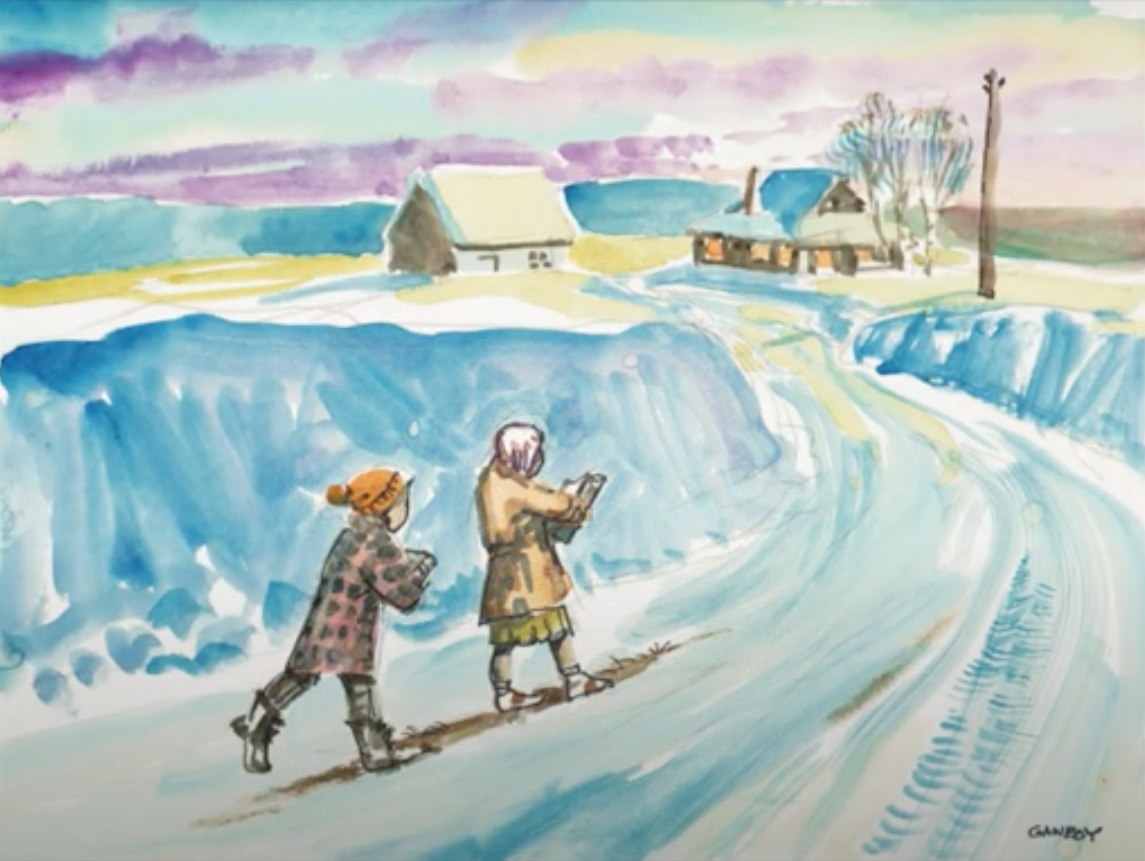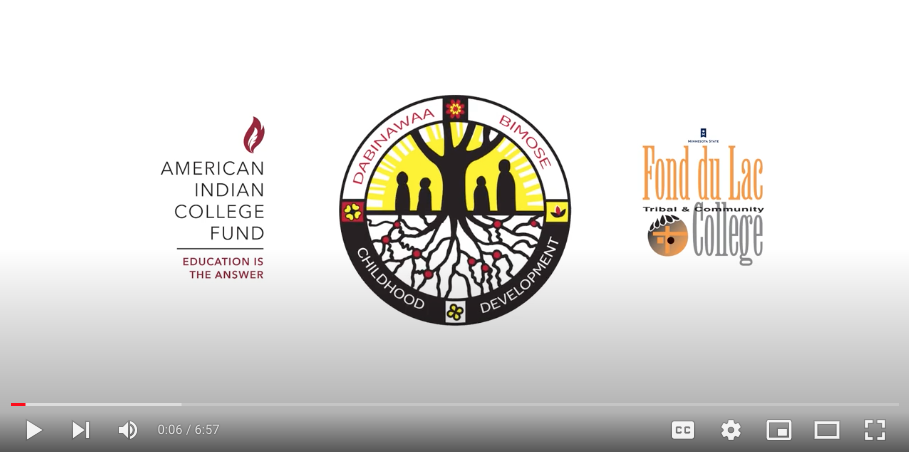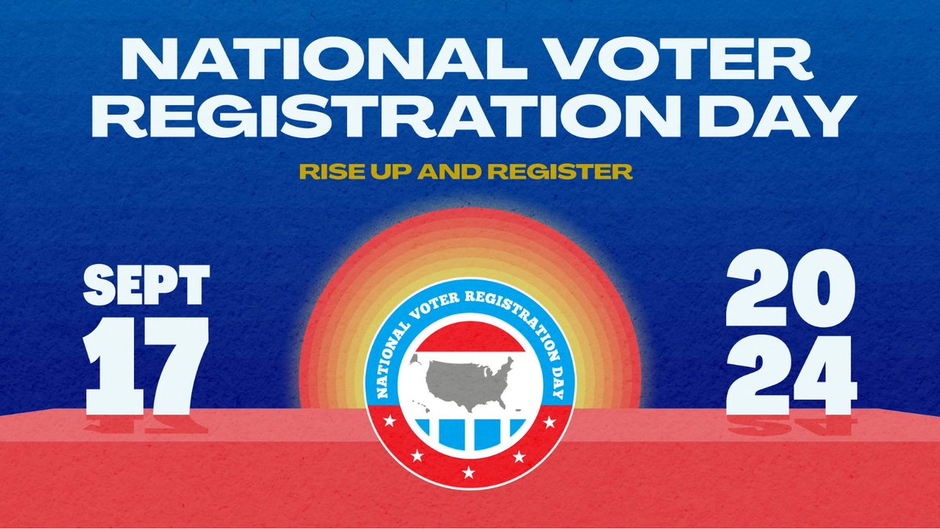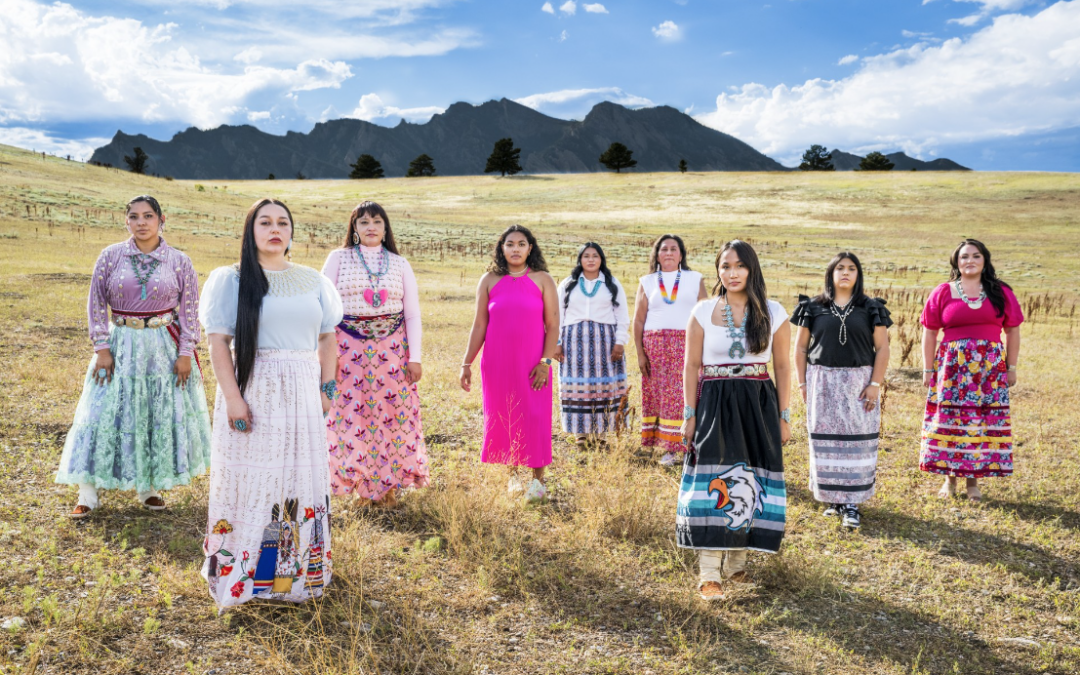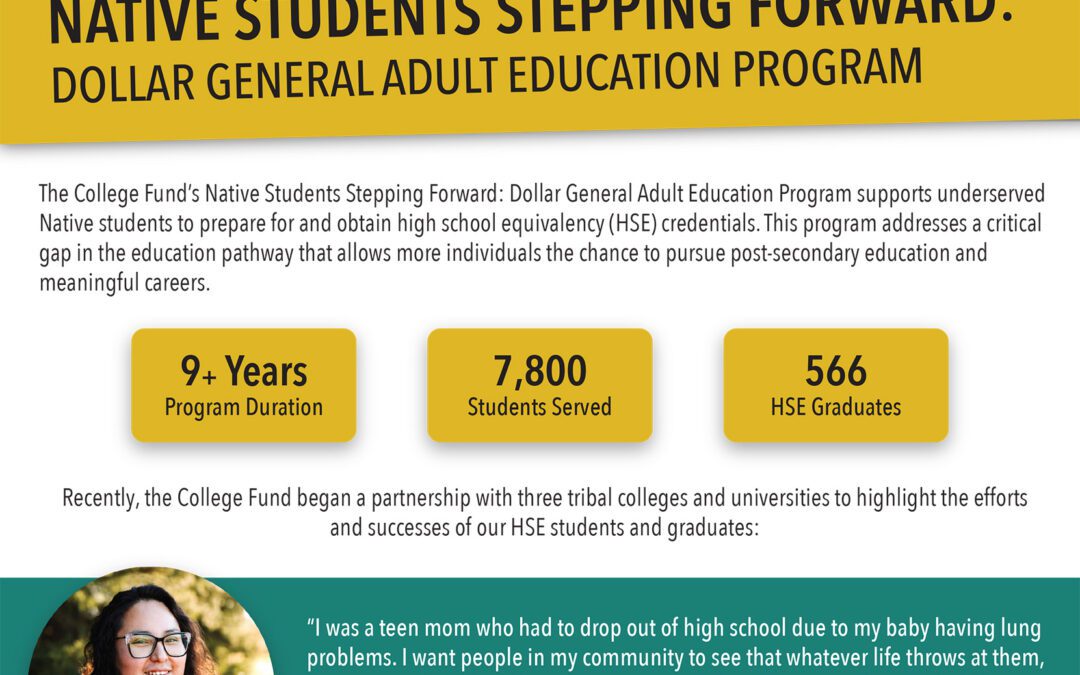By Govinda Budrow, Fond du Lac Tribal and Community College, Ihduwiyayapi Project Administrator
How do we reclaim what Indigenous education is in our communities? This is the question that Fond du Lac Tribal and Community College Child Development program is pursuing. Here are four lessons we have learned along the way.
First, we must use words like reclaim. In this country much of the war waged against the Indigenous people has centered on children. The intention of Federal Indian Policy was to assimilate and eliminate. The most effective measure to meet that goal was separating our children from our family and community structures. We saw that happen with mandated day schools and boarding schools. It also happened through the execution of laws and policies across the country, such as enacting and enforcing for nearly a century the Religious Crimes Code of 1883. This law limited and forbid Indigenous ceremonies, with the goal of preventing cultural knowledge from being passed down, specifically to our children and the younger generations, by instituting rules designed to destroy cultures, such as prohibiting people under 50 years of age from attending dances.
My grandma used to talk about a time when children were not allowed to attend drum ceremonies. She recalled all the children being brought in to eat during the feast and then having to return home. She never told me why that happened, and now I wonder if she even knew. These laws and policies required that tribes changing their practices, and we often must sort through what is needed now for our communities to thrive and what our communities did to survive.
Reclaiming culture is not a linear pathway. The process takes time, openness, and lots of learning to find who we are without government interference and assessing and addressing the resulting losses. Dr. Joseph H. Suina (Cochiti) was one of our teachers this summer, and we have been very honored to learn from him. He said this last war being fought is for the hearts and minds of our children.
The second lesson, stemming from the war for the hearts and minds of our children, teaches that we start with compassion for our communities. We have all been impacted by the effects of this war. All our hearts and minds suffer, although in different ways. We hope that one day we will have strong systems in caregiving and education centered on community knowledge. We hope we all will be given the chance to understand the impact of these policies on our thoughts and feelings. We need this understanding to consider how to reclaim education and divest from educational pedagogy and systems that result in poor outcomes for Indigenous people. We must do things in the way of our own design rather than the way that was perpetually done to us without our consent. We are working on reclaiming who we are as caregivers and educators. We will be bringing in these lessons into our college programs.
In a recent convening for the American Indian College Fund, Emily White Hat (Sicangu Lakota), said, “Just because a person is Indigenous does not mean that they provide Indigenous education.” We must be intentional to shed the culture overlayed on our hearts and minds and to restore the culture of purpose for our communities. Just being a tribal college, a tribal Head Start program, tribal school or having Indian Education programs does not mean that the organization has an Indigenous pedagogy.
The third lesson is we must realize our collusion in systems of oppression, while understanding this is hard. It is not enough to know that systems of oppression exist. We each must do our part to climb out of oppression and hold our hand steady to support others. White supremacy culture, and the impact of policies that uphold it, is as natural to those in this country as the air we breathe. We acclimate to the smog. It seems like this mainstream and dominating system is the only way to educate.
To change this, we cannot do this work in isolation. Having people that will push against the views that you hold and ask critical questions to raise your consciousness is essential. We try to remain open to exploring where all our assumptions are coming from and whether they serve our communities in positive ways. We spend intentional space and time considering our materials and methods. Each of the things that we do has an impact towards liberation or continuation of oppression. We try to choose wisely and involve our whole selves in the work. Education’s vital role is in helping us all to belong meaningfully in society.
This begins in our homes and communities and should be strengthened through purpose in our schools and external caregiving environments. However, quite the opposite happens too often. Another of our teachers this summer, Tracey Cordero (Cochiti), reflected that the school systems take Indigenous children to this day and teach them not to belong to their communities. This is the same purpose of education that was instilled in the weaponization of government-run boarding schools.
The fourth lesson is that, just like markers along trails, stories passed down through generations, or scrolls that provide protocols to follow, there is hidden wisdom in our communities that is ready to guide us. We find it in the elder that paints about Anishinaabe life and his childhood. We find it in the biographies written by our ancestors and elders. We are spending our time engaging in the community, reading, and listening to the stories of how we thrive.
Dr. Greg Cajete (Tewa), who was another one of our teachers this summer, told us about the limited field of resources that discussed Indigenous Pedagogy in the 1970s. He searched and finally found a book about the Aztec College that had a story about how the teacher interacted with students. The teacher would chant a story, poem or teaching, sometimes in the form of questions. The teacher asked the question, “What does it mean to be a person of knowledge?”
The students would contemplate and discuss the question and reply with an answer to their teacher. The students replied, “To be a person of knowledge one must first find one’s face. To be a person of knowledge one must first find one’s heart. To be a person of knowledge one must first find one’s foundation.”
Dr. Cajete explained to us that our face is our identity, our heart is our love and compassion, and our foundation is what we stand upon. All of these examples given are in the context of relationships, respect, and responsibility. This we can feel in our hearts as we reclaim and recognize our place in this world, hold compassionate space for ourselves and others, and find the guidance we need that is held in our cultural knowledge-keepers.
We agree that it takes face, heart, and foundation to do this work.
Fond du Lac Tribal and Community College Child Development Program, YouTube Video – Braiding the Pathway

